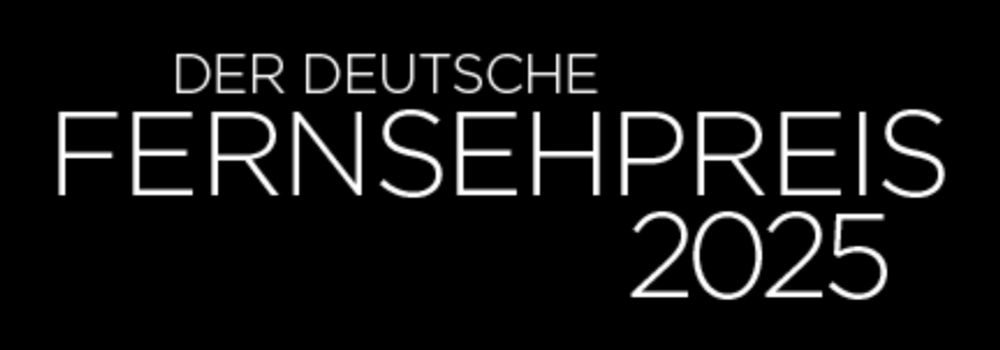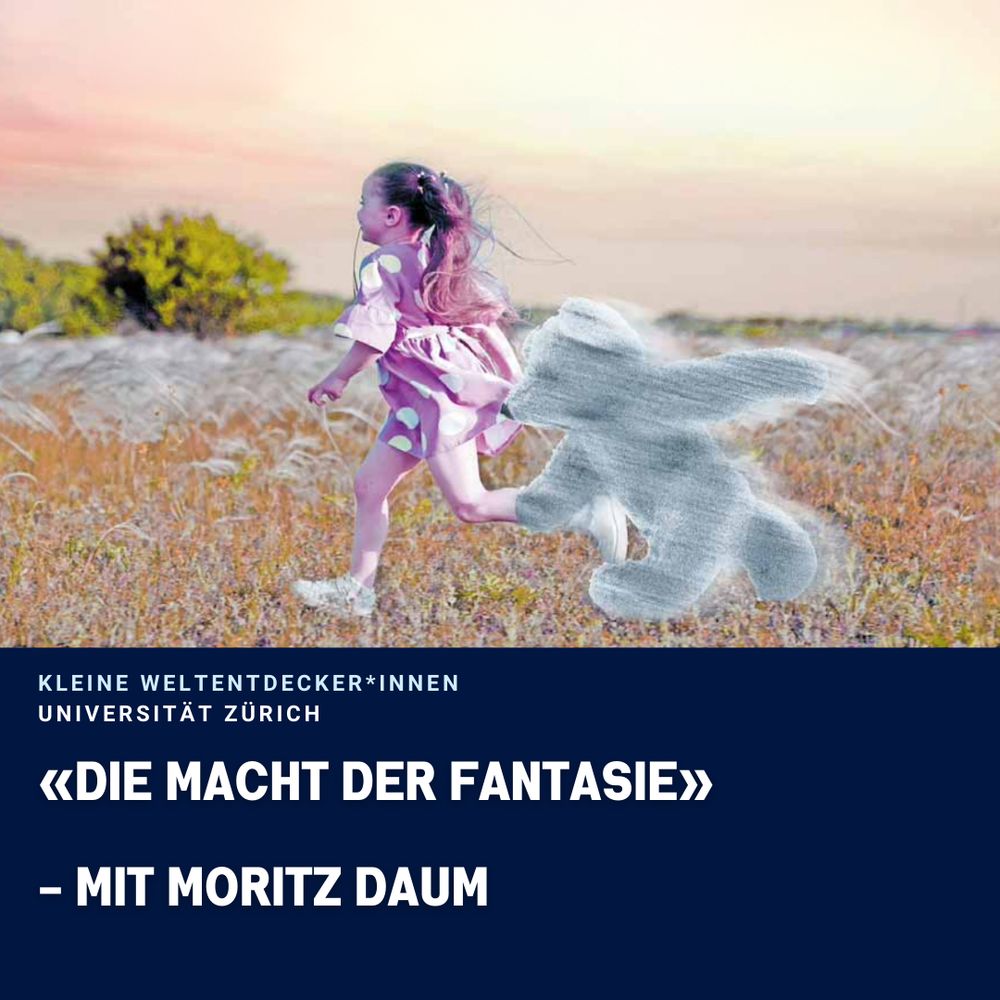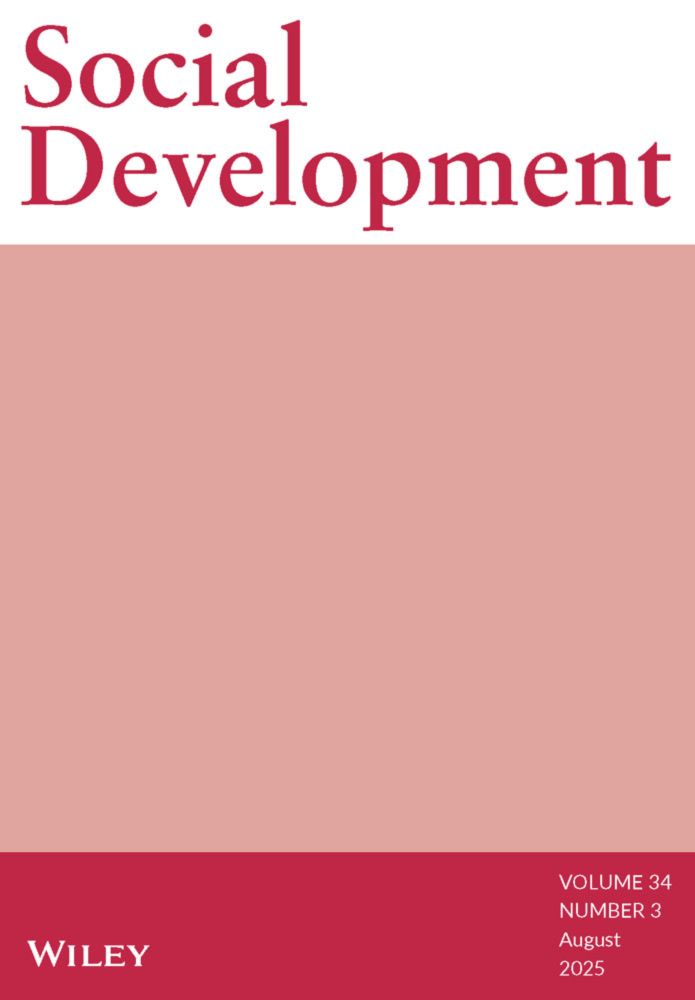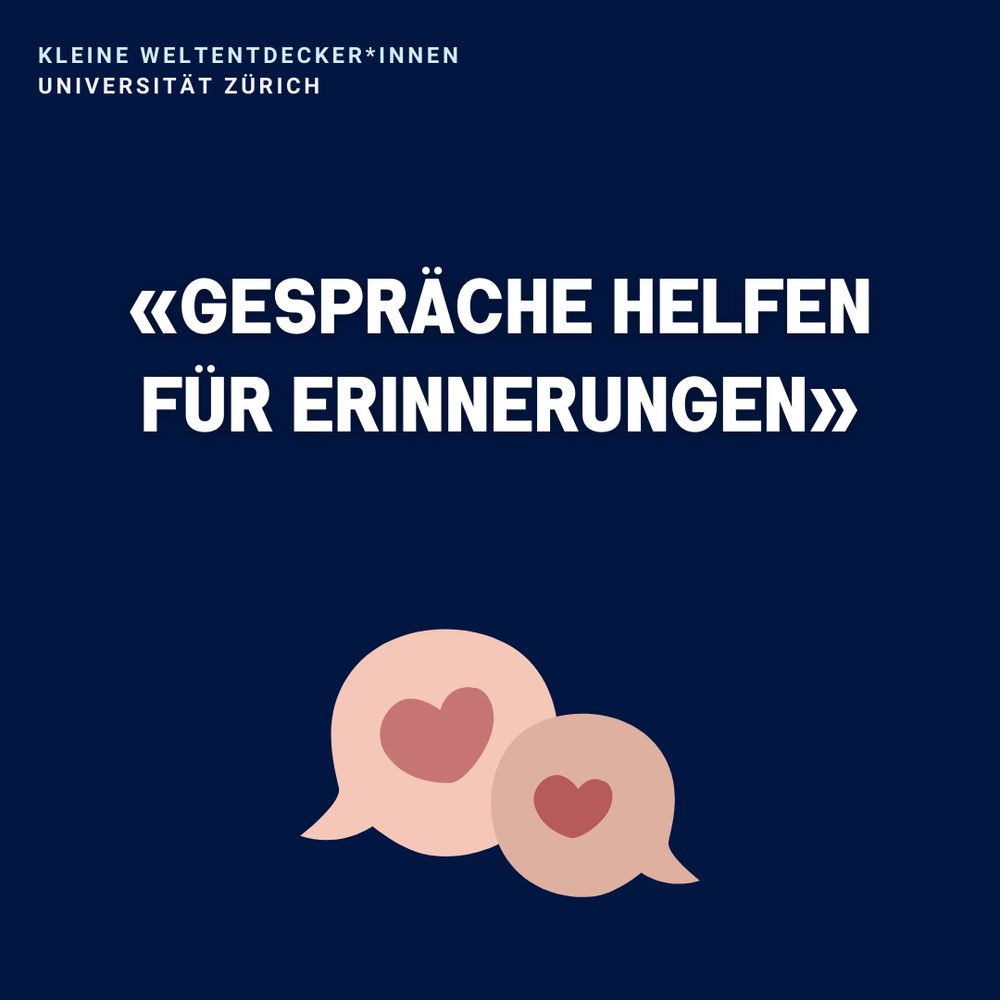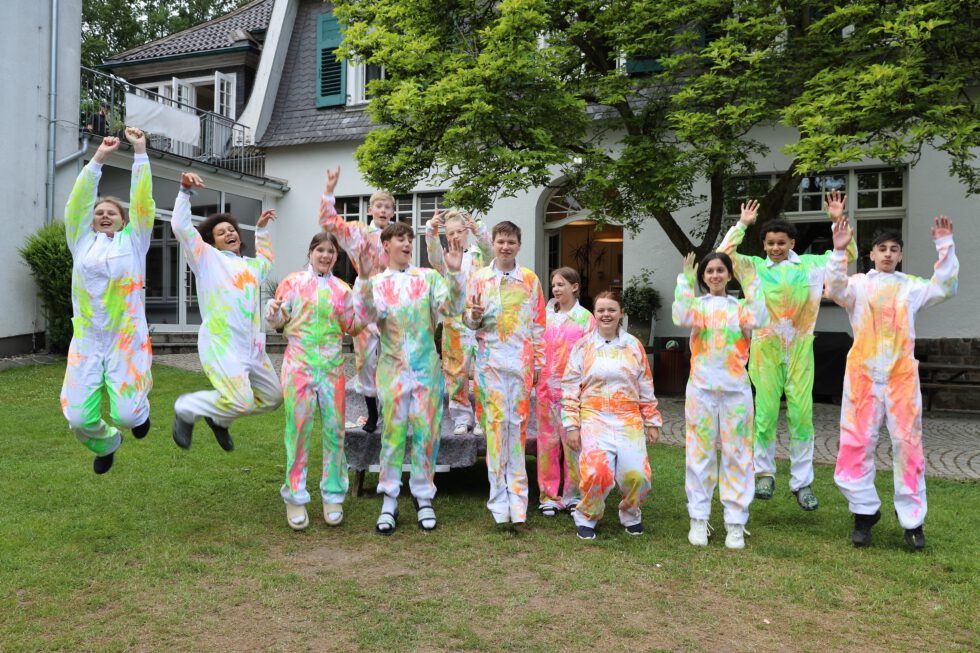Moritz M. Daum
@moritzdaum.bsky.social
940 followers
1.2K following
130 posts
Prof for Developmental #Psychology @uzh-ch.bsky.social | Director @jacobscenteruzh.bsky.social | Head of the @kweltentdeckende.bsky.social Lab | Founding board member @dsn-zh.bsky.social | #Multilingual #Language #Development | Football fanatic
Posts
Media
Videos
Starter Packs
Moritz M. Daum
@moritzdaum.bsky.social
· Jun 25
Moritz M. Daum
@moritzdaum.bsky.social
· Jun 25
Moritz M. Daum
@moritzdaum.bsky.social
· Jun 25
Reposted by Moritz M. Daum
Reposted by Moritz M. Daum
Reposted by Moritz M. Daum
Reposted by Moritz M. Daum





